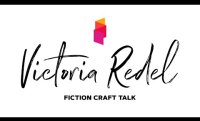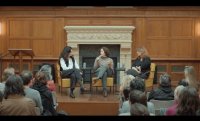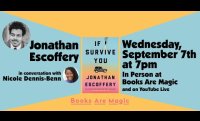Literature has a long history of narratives that are built around fictionalized letters and correspondence—Choderlos de Laclos’s Dangerous Liaisons and Johann Wolfgang von Goethe’s The Sorrows of Young Werther from the eighteenth century, Mary Shelley’s Frankenstein and Bram Stoker’s Dracula in the nineteenth century, and more contemporary novels such as Stephen King’s Carrie, David Mitchell’s Cloud Atlas, and Jennifer Egan’s A Visit From the Goon Squad. This week compose an epistolary short story incorporating letters, postcards, e-mails, texts, social media posts, news articles, receipts, and other tidbits of written documents. How do these disparate elements work together to create a story that has to be puzzled together?












